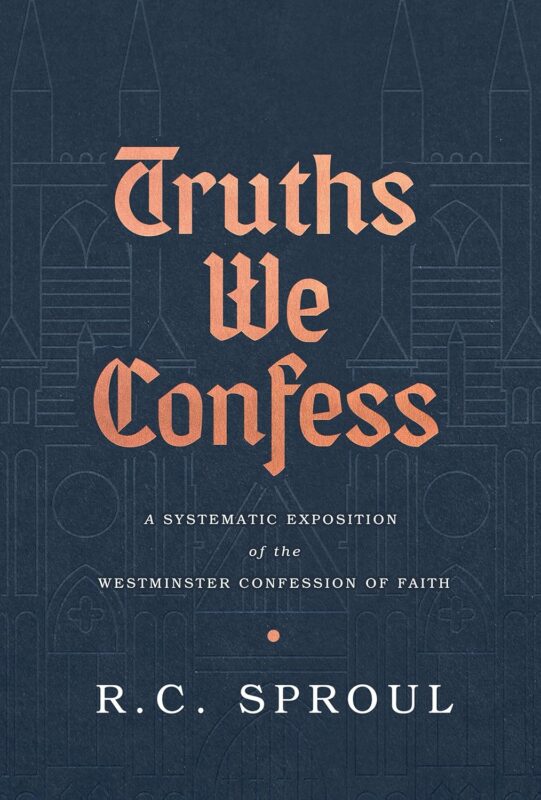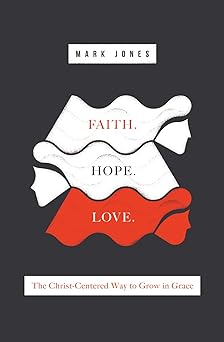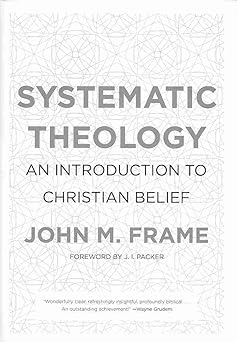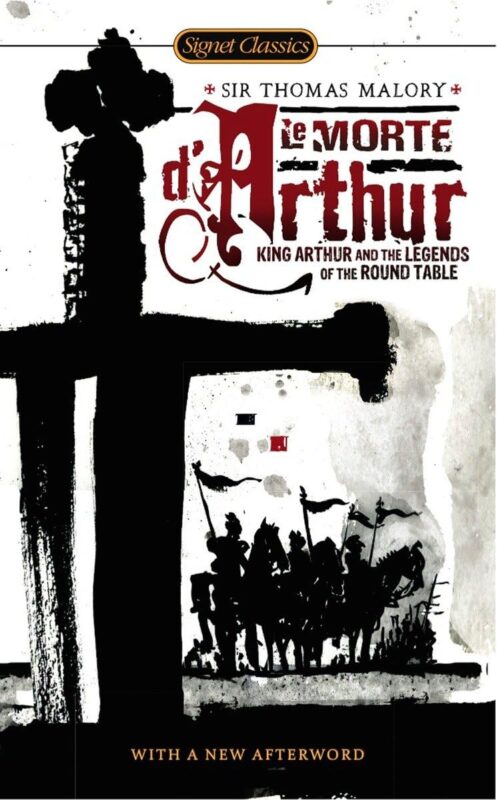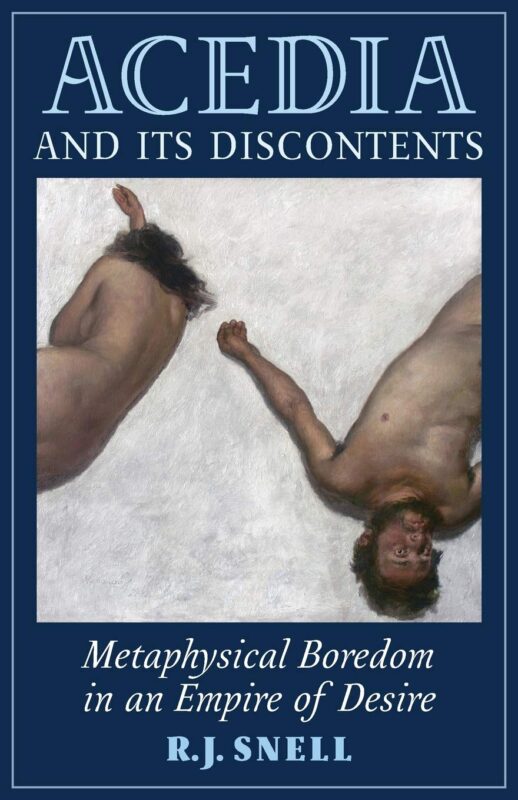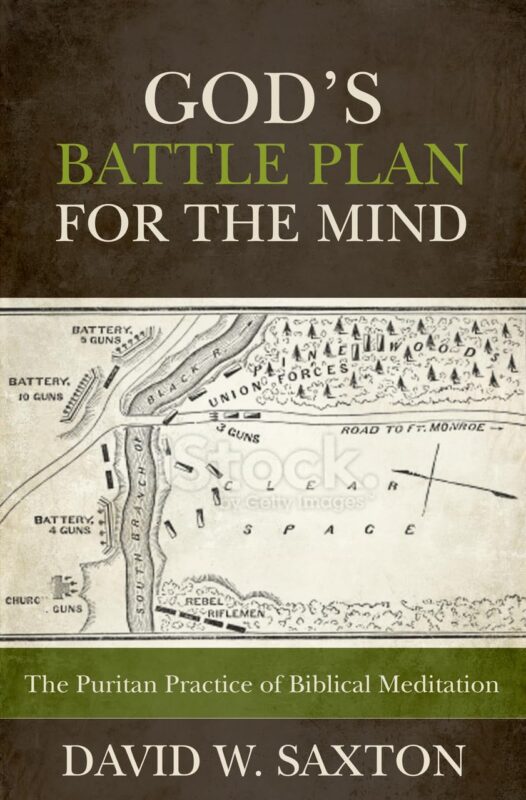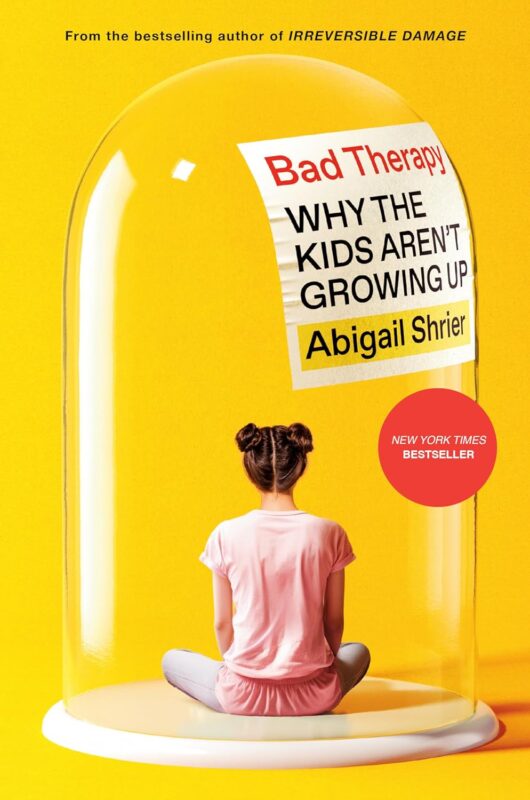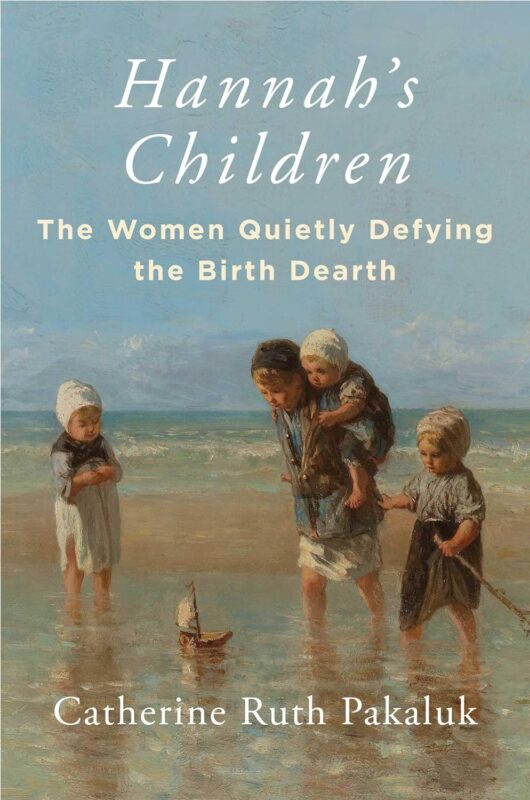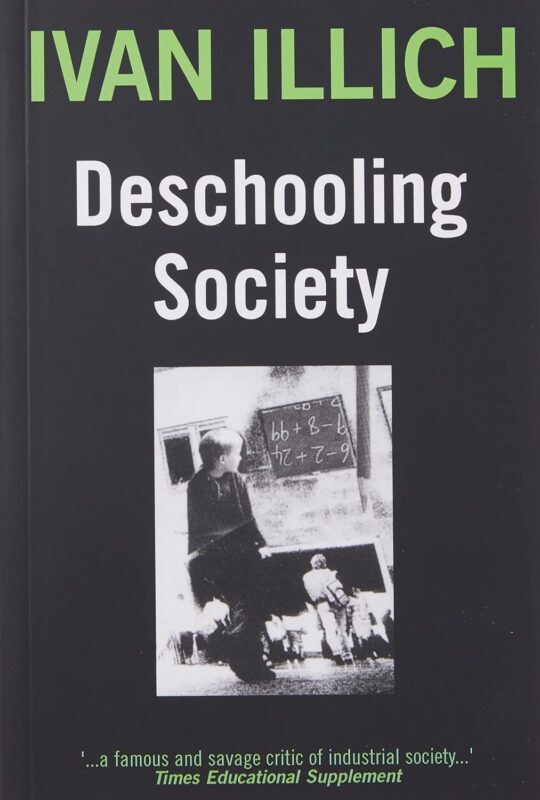Crossing to Safety
Called a “magnificently crafted story . . . brimming with wisdom” by Howard Frank Mosher in The Washington Post Book World, Crossing to Safety has, since its publication in 1987, established itself as one of the greatest and most cherished American novels of the twentieth century. Tracing the lives, loves, and aspirations of two couples who move between Vermont and Wisconsin, it is a work of quiet majesty, deep compassion, and powerful insight into the alchemy of friendship and marriage.
More info →Albion’s Seed: Four British Folkways in America
This fascinating book is the first volume in a projected cultural history of the United States, from the earliest English settlements to our own time. It is a history of American folkways as they have changed through time, and it argues a thesis about the importance for the United States of having been British in its cultural origins.
More info →Foxe’s Book of Martyrs
An updated and modernized edition of the unparalleled classic with resurgent relevance for the twenty-first century
Foxe's Book of Martyrs is one of the most influential and well-known books in history, as well as one of the top-sellers of the past, right up there with the Bible itself. Immensely popular in Foxe's own sixteenth century, its influence has been felt throughout literature. Copies of the original text (Acts and Monuments) were chained beside the Bible in churches of England, and even sailed with English pirates.
This was not a book designed to comfort, but instead to present the truth of the persecution faced by Protestant Christians in hostile environments. The inscription from the 1563 edition--now commonly known as Foxe's Book of Martyrs--indicates the gravity of the task: "[In] latter and perilous days . . . the great persecutions and horrible troubles . . . [are here] gathered and collected according to true copies and writings . . . of the parties themselves that suffered." Foxe was committed to commemorating the ultimate sacrifice of those who gave their lives for the sake of their faith.
Paul L. Maier brings his exceptional mind for history to bear on Foxe's work in this new edition. While abridgement of the original 2,100 pages was necessary, Maier does include every martyr, and text was changed only where modern readers may not readily understand the original archaic wording.
John Foxe (1516-1587) was an academic and zealous student of the Scriptures, leading to his persecution as a Protestant by the Catholic rulers of his day. Beyond his work in pastoral ministry, Foxe continued to work on his martyrology until his death.
More info →Truths We Confess: A Systematic Exposition of the Westminster Confession of Faith
The Westminster Confession of Faith is one of the most precise and comprehensive statements of biblical Christianity, and it is treasured by believers around the world. Dr. R.C. Sproul has called it one of the most important confessions of faith ever penned, and it has helped generations of Christians understand and defend what they believe.
In Truths We Confess, Dr. Sproul introduces readers to this remarkable confession, explaining its insights and applying them to modern life. In his signature easy-to-understand style and with his conviction that everyone’s a theologian, he provides valuable commentary that will serve churches and individual Christians as they strive to better understand the eternal truths of Scripture. As he walks through the confession line by line, Dr. Sproul shows how the doctrines of the Bible―from creation to covenant, sin to salvation―fit together to the glory of God. This accessible volume is designed to help you deepen your knowledge of God’s Word and answer the question, What do you believe?
More info →Faith. Hope. Love.: The Christ-Centered Way to Grow in Grace
“So now faith, hope, and love abide, these three; but the greatest of these is love.” 1 Corinthians 13:13
Faith, hope, and love―we hear a lot about each on their own, but how are they related? Why is this triad mentioned so often in the New Testament?
Written in the form of fifty-eight questions and answers, this book reveals how these three theological virtues―also referred to as “three divine sisters”―together serve as the foundation for our whole Christian life. Deeply scriptural, steeped in key theological texts, and modeled after the classic catechisms of church history, this book will instruct our minds, stir our hearts, and motivate us to faith-filled obedience.
More info →Systematic Theology
Systematic Theology is the culmination and creative synthesis of John Frame's writing on, teaching about, and studying of the Word of God. This magisterial opus at once biblical, clear, cogent, readable, accessible, and practical summarizes the mature thought of one of the most important and original Reformed theologians of the last hundred years. It will enable you to see clearly how the Bible explains God's great, sweeping plan for mankind.
More info →Le Morte D’Arthur: King Arthur and the Legends of the Round Table
From the incredible wizadry of Merlin to the passion of Gwynevere and Sir Lancelot, these tales of King Arthur and his Knights of the Round Table offer epic adventures with the supernatural as well as timeless battles with our own humanity.
In a time when there were damsels in distress to save and mythical dragons to slay, King Arthur and his knights were there to render justice in the face of any danger.
Keith Baine's splendid rendition of Le Morte d'Arthur faithfully preserves the original flavor of Malory's masterpiece—that of banners and bloodshed, knights and ladies, Christians and sorcerers, sentiment and savagery. It remains a vivid medieval tapestry woven about a central figure who symbolizes the birth of an age of chivalry.
More info →Acedia and Its Discontents: Metaphysical Boredom in an Empire of Desire
While the term acedia may be unfamiliar, the vice, usually translated as sloth, is all too common. Sloth is not mere laziness, however, but a disgust with reality, a loathing of our call to be friends with God, and a spiteful hatred of place and life itself. As described by Josef Pieper, the slothful person does not “want to be as God wants him to be, and that ultimately means he does not wish to be what he really, fundamentally is.” Sloth is a hellish despair.
Our own culture is deeply infected, choosing a destructive freedom rather than the good work for which God created us. Acedia and Its Discontents resists despair, calling us to reconfigure our imaginations and practices in deep love of the life and work given by God. By feasting, keeping sabbath, and working well, we learn to see the world as enchanting, beautiful, and good—just as God sees it.
More info →God’s Battle Plan for the Mind: The Puritan Practice of Biblical Meditation
During the seventeenth century, English Puritan pastors often encouraged their congregations in the spiritual discipline of meditating on God and His Word. Today, however, much of evangelicalism is either ignorant of or turned off to the idea of meditation. In God's Battle Plan for the Mind, pastor David Saxton seeks to convince God's people of the absolute necessity for personal meditation and motivate them to begin this work themselves. But he has not done this alone. Rather, he has labored through numerous Puritan works in order to bring together the best of their insights on meditation. Standing on the shoulders of these giants, Saxton teaches us how to meditate on divine truth and gives valuable guidance about how to rightly pattern our thinking throughout the day. With the rich experiential theology of the Puritans, this book lays out a course for enjoying true meditation on God's Word.
Table of Contents:
1. The Importance of Recovering the Joyful Habit of Biblical Meditation
2. Unbiblical Forms of Meditation
3. Defining Biblical Meditation
4. Occasional Meditation
5. Deliberate Meditation
6. The Practice of Meditation
7. Important Occasions for Meditation
8. Choosing Subjects for Meditation
9. The Reasons for Meditation
10. The Benefits of Meditation
11. The Enemies of Meditation
12. Getting Started: Beginning the Habit of Meditation
Conclusion: Thoughts on Meditation and Personal Godliness
Bad Therapy: Why the Kids Aren’t Growing Up
In virtually every way that can be measured, Gen Z’s mental health is worse than that of previous generations. Youth suicide rates are climbing, antidepressant prescriptions for children are common, and the proliferation of mental health diagnoses has not helped the staggering number of kids who are lonely, lost, sad and fearful of growing up. What’s gone wrong with America’s youth?
In Bad Therapy, bestselling investigative journalist Abigail Shrier argues that the problem isn’t the kids—it’s the mental health experts. Drawing on hundreds of interviews with child psychologists, parents, teachers, and young people, Shrier explores the ways the mental health industry has transformed the way we teach, treat, discipline, and even talk to our kids. She reveals that most of the therapeutic approaches have serious side effects and few proven benefits. Among her unsettling findings:
- Talk therapy can induce rumination, trapping children in cycles of anxiety and depression
- Social Emotional Learning handicaps our most vulnerable children, in both public schools and private
- “Gentle parenting” can encourage emotional turbulence – even violence – in children as they lash out, desperate for an adult in charge
Mental health care can be lifesaving when properly applied to children with severe needs, but for the typical child, the cure can be worse than the disease. Bad Therapy is a must-read for anyone questioning why our efforts to bolster America’s kids have backfired—and what it will take for parents to lead a turnaround.
More info →Hannah’s Children: The Women Quietly Defying the Birth Dearth
A portrait of America's most interesting yet overlooked women.
In the midst of a historic "birth dearth," why do some 5 percent of American women choose to defy the demographic norm by bearing five or more children? Hannah’s Children is a compelling portrait of these overlooked but fascinating mothers who, like the biblical Hannah, see their children as their purpose, their contribution, and their greatest blessing.
The social scientist Catherine Pakaluk, herself the mother of eight, traveled across the United States and interviewed fifty-five college-educated women who were raising five or more children. Through open-ended questions, she sought to understand who these women are, why and when they chose to have a large family, and what this choice means for them, their families, and the nation.
Hannah’s Children is more than interesting stories of extraordinary women. It presents information that is urgently relevant for the future of American prosperity. Many countries have experimented with aggressively pro-natalist public policies, and all of them have failed. Pakaluk finds that the quantitative methods to which the social sciences limit themselves overlook important questions of meaning and identity in their inquiries into fertility rates. Her book is a pathbreaking foray into questions of purpose, religion, transcendence, healing, and growth—questions that ought to inform economic inquiry in the future.
More info →Deschooling Society
Schools have failed our individual needs, supporting false and misleading notions of 'progress' and development fostered by the belief that ever-increasing production, consumption and profit are proper yardsticks for measuring the quality of human life. Our universities have become recruiting centers for the personnel of the consumer society, certifying citizens for service, while at the same time disposing of those judged unfit for the competitive rat race. In this bold and provocative book, Illich suggest some radical and exciting reforms for the education system.
More info →



